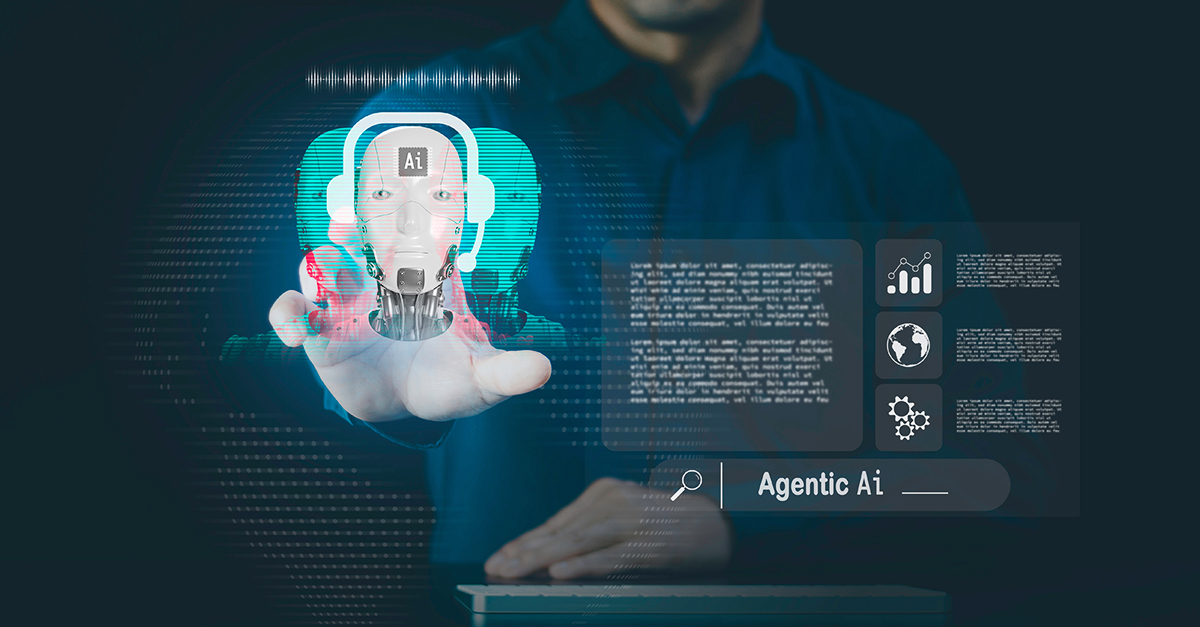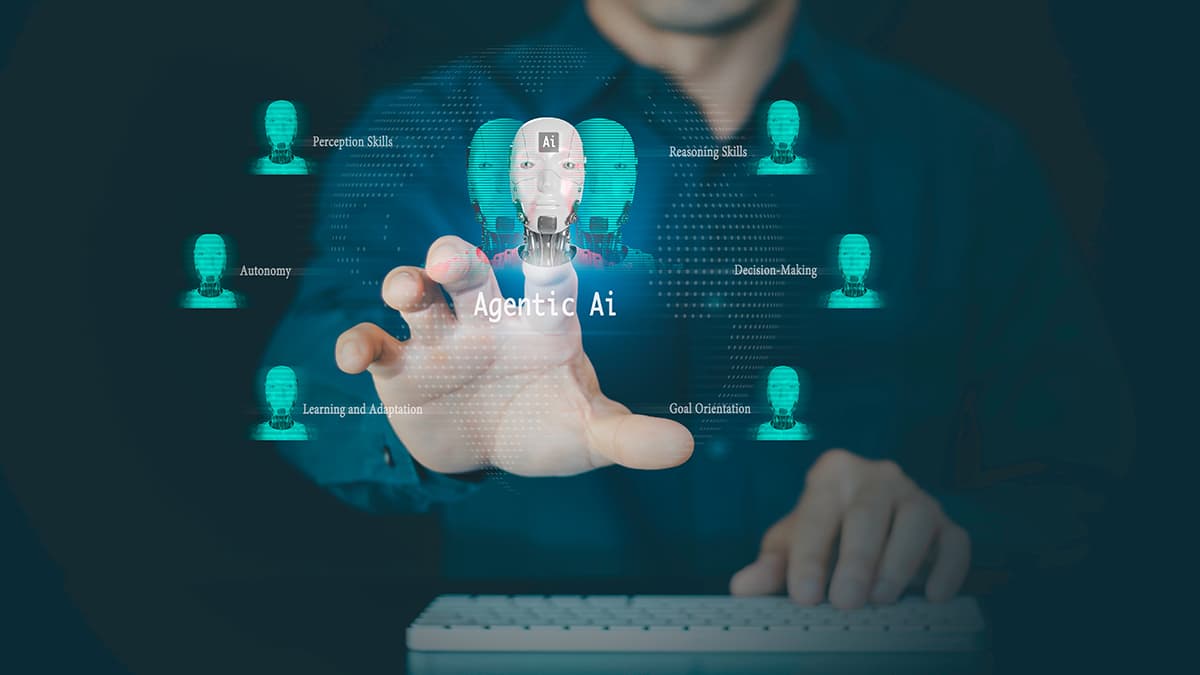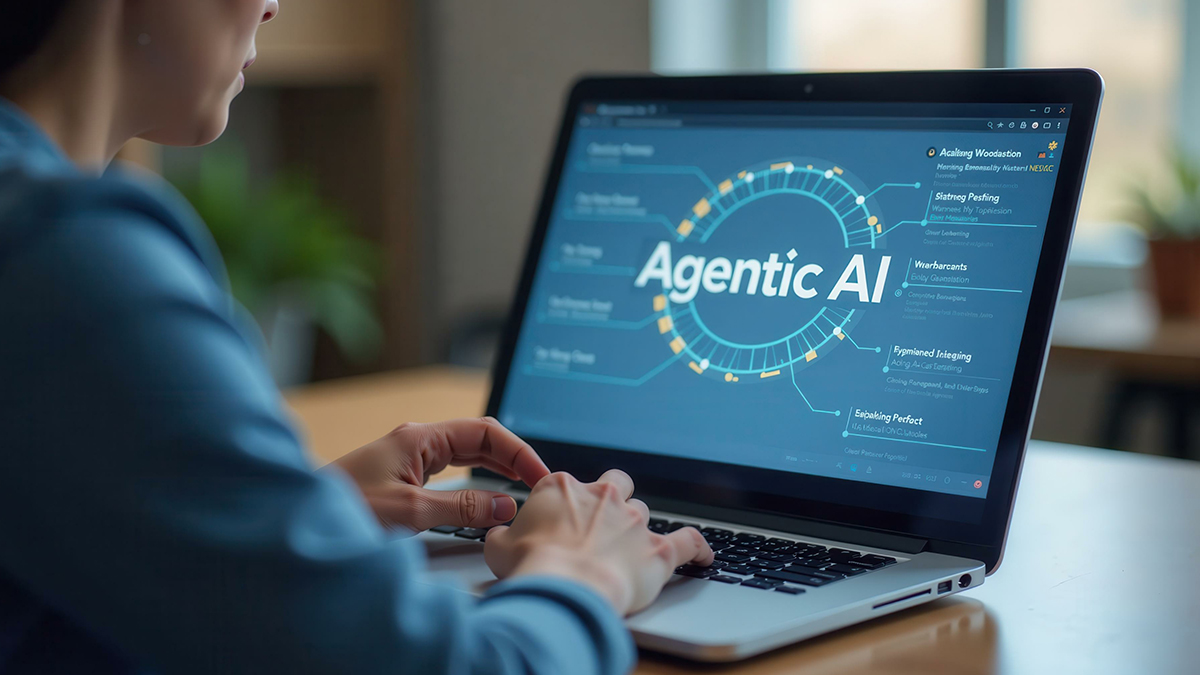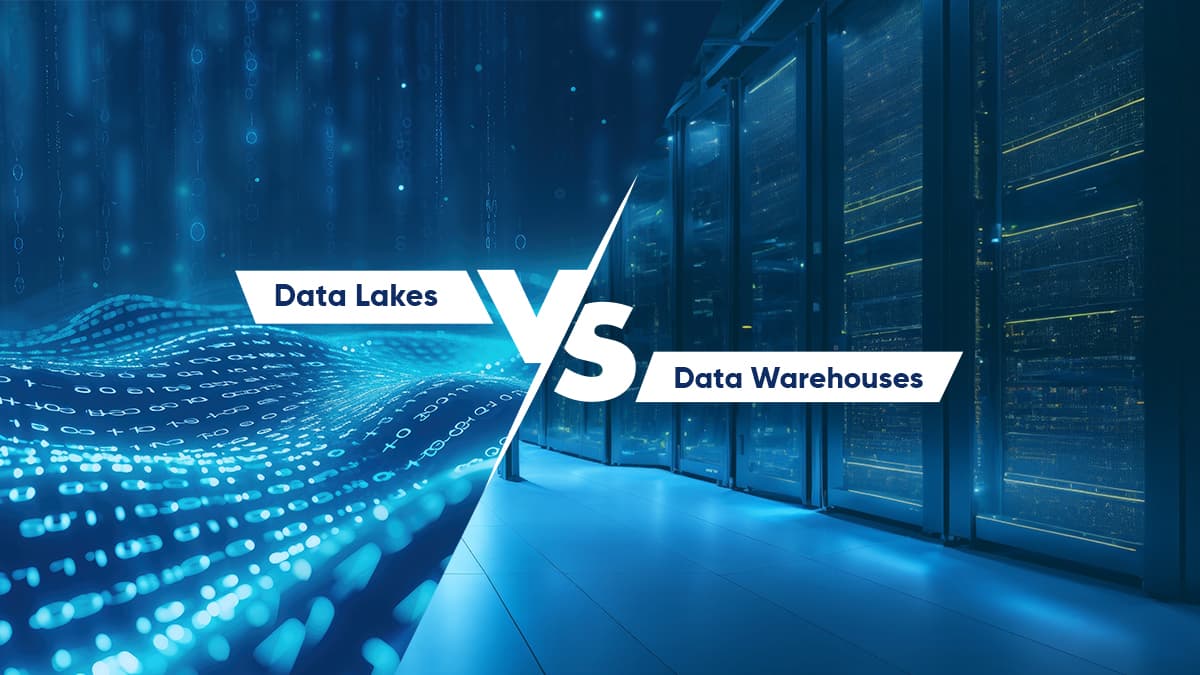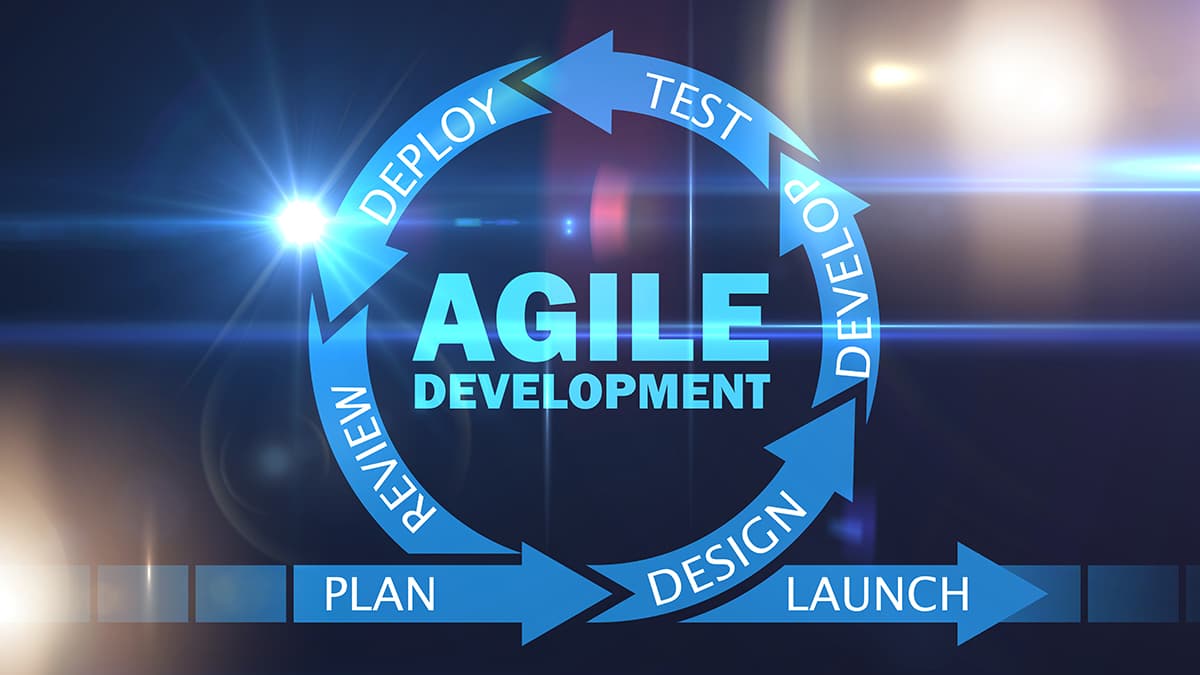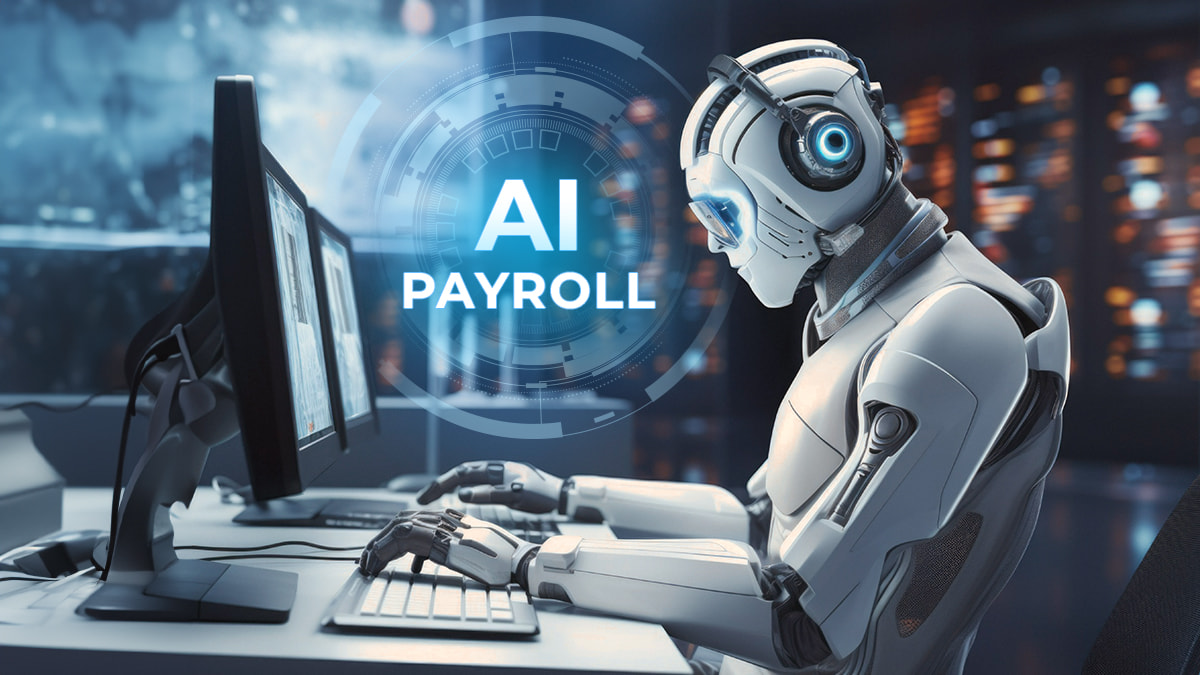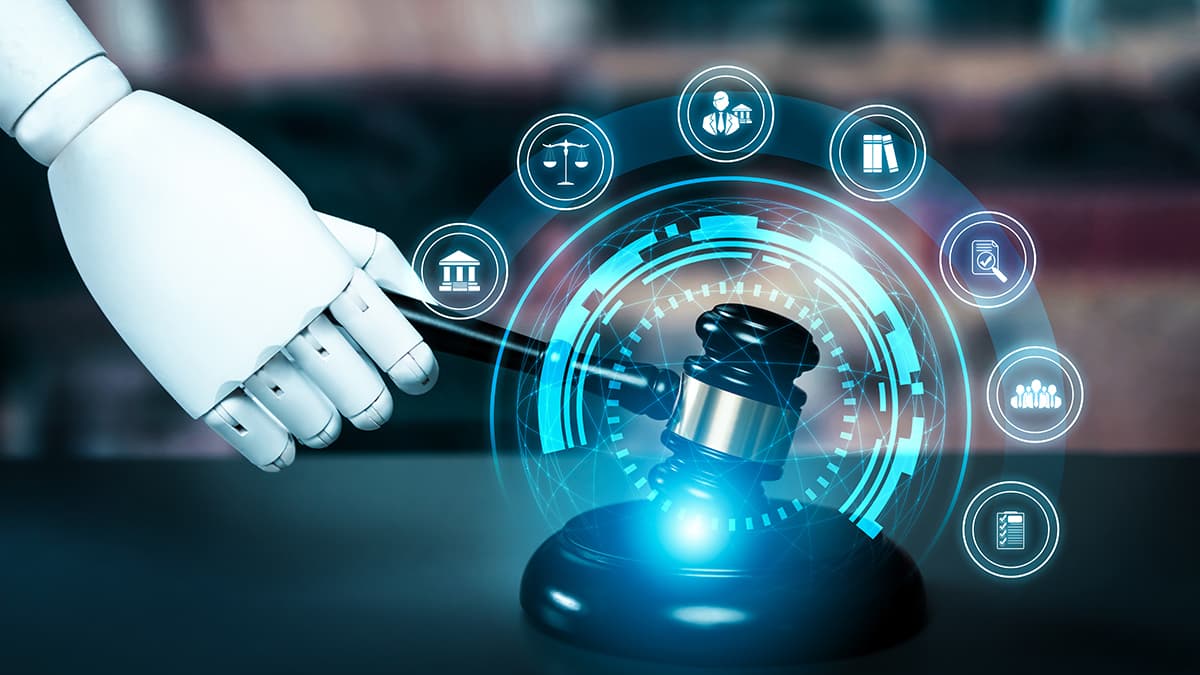
Generative AI, a technology gaining traction in the business landscape, offers significant potential and benefits for business growth and innovation. For instance, Gartner reports that 70% of executives are proactively exploring Gen AI, with 19% progressing to implementing or piloting it. These statistics underscore significant interest and engagement of businesses with this technology. However, its adoption accompanies valid concerns surrounding data security. To completely leverage the potential of generative AI, companies need to understand and address such security and governance issues.
In this quick guide, we will elaborate the critical aspects of security and governance strategies for Generative AI.
Let's begin with understanding-
Benefits of Security and Governance Practices for Generative AI
1. Enhanced Customer Trust: By implementing strong security measures, following governance frameworks, and ensuring data protection, organizations earn the trust of their customers.
2. Safeguarding Intellectual Property: Intellectual Property (IP) protection is essential to prevent unauthorized usage of proprietary Gen AI models and maintain a competitive edge.
3. Compliance with Data Protection Regulations: Gen AI systems process and generate content from user data. Governance practices ensure this data usage aligns with prevailing global regulations such as CCPA and GDPR. This involves providing clear and accurate information about how AI systems handle personal data, maintain data processing activities, and ensure that AI-generated decisions uphold individuals' rights and freedoms.
4. Enhance Transparency and Accountability: Ensuring transparency and accountability in Gen AI models and their outputs fosters trust among users and stakeholders, minimizing the potential for bias, discrimination, or opaque decision-making.
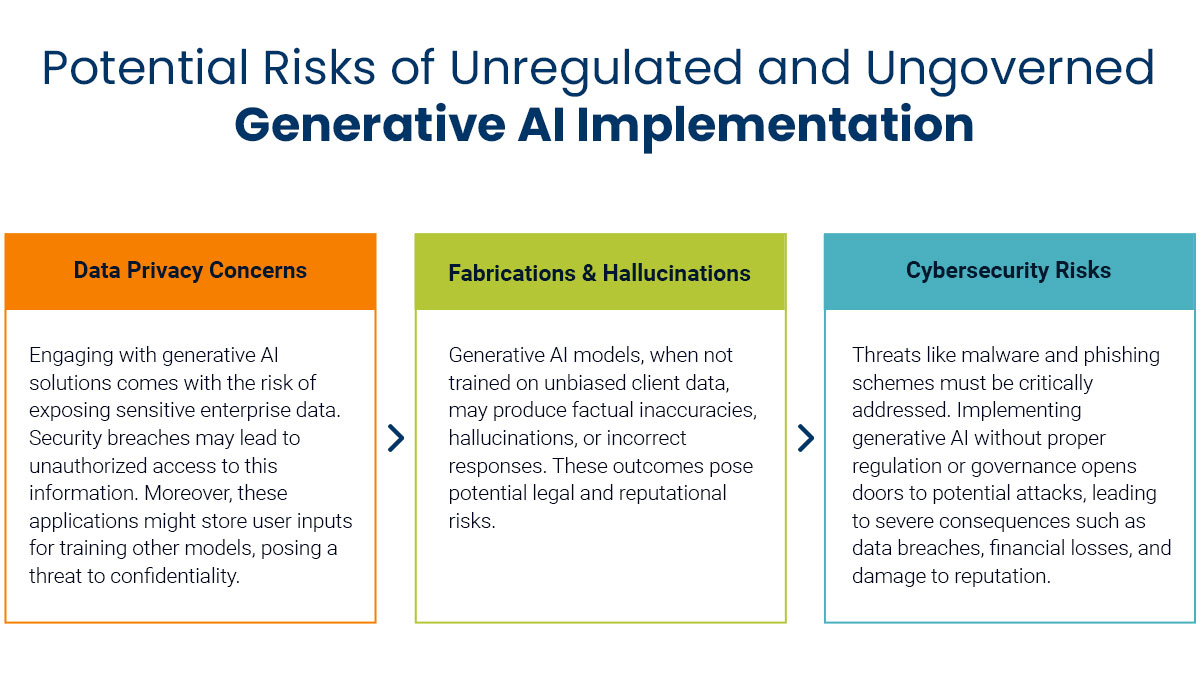
Risks Management and Mitigation Approaches for Generative AI
1. Establish Best Practices and Policies: Organizations need to establish guidelines and policies that govern the usage of generative AI tools. Such policies ensure responsible utilization while setting realistic expectations of the technology.
2. Data Privacy and Cloud Processing: Organizations must thoroughly examine the terms and legal agreements associated with generative AI tools concerning data privacy and sensitive information. It is also crucial to prioritize AI tools with established contracts that offer control over sensitive data processing.
3. Compliance and Regulations: It is essential for organizations to periodically review their regulatory landscape to verify the alignment of Gen AI tools with legal, compliance, and ethical requirements.
4. Stay updated with regulations: Businesses must remain vigilant regarding government rules and regulations. By staying updated with the constantly evolving governance mechanisms and frameworks proposed by global regulators, risk management becomes seamless.
Process for Generative AI Policy and Procedures implementation for Businesses
_(1)_1708948751.jpeg)
1. Promoting Internal Communication: To leverage generative AI tools effectively, organizations must encourage internal communication about their utilization, associated risks, and potential applications. Clear guidelines should be established to oversee their usage, emphasizing their role as supportive tools alongside human expertise.
2. Focus on Holistic Development: Organizations must prioritize developing an effective policy for generative AI. These policies must be created, taking security and governance implications into account.
3. Involve IT, Legal, and Compliance Teams: Adopting a cross-functional approach will ensure that all aspects, including technical, regulatory, and legal criteria, are addressed and met. Integrating legal and compliance prerequisites into generative AI implementation strategies ensures regulatory compliance and mitigates legal risks.
4. Analyze Present and Future Scenarios: Internal teams within an organization must collaborate with relevant stakeholders to identify internal and external scenarios wherein Gen AI is implemented or expected to be deployed in the future. This comprehensive analysis will serve as a robust foundation for formulating policy.
Choose the Right Generative AI Partner for your Business
As the technology keeps evolving rapidly, businesses must select the right generative AI implementation partner that:
1. Innovates and delivers custom solutions for specific business needs.
2. Has experience in AI implementation in recent years
3. Possesses in-house Gen AI expertise
4. Ensures security and governance best practices, including adherence to privacy standards, regulations, and certifications, as needed
How can CSM help?
CSM enables enterprises to adopt Artificial Intelligence, Machine Learning, and Natural Language Processing systems for unique business use cases. With an ecosystem approach and careful attention to risks and governance, CSM empowers clients to transform their business processes with Gen AI.
Contact us to discover how CSM can aid in leveraging AI for your business while complying with legal requirements.
Want to start a project?
Get your Free ConsultationOur Recent Blog Posts

© 2025 CSM Tech Americas All Rights Reserved








